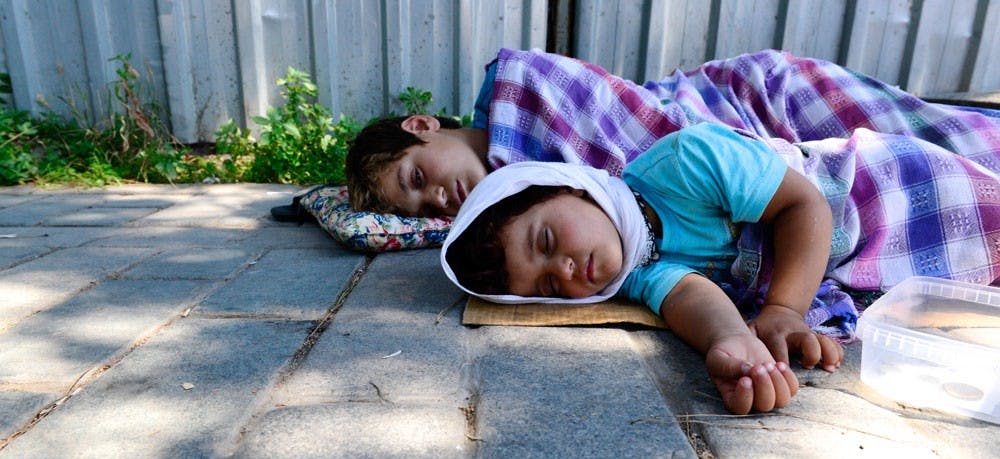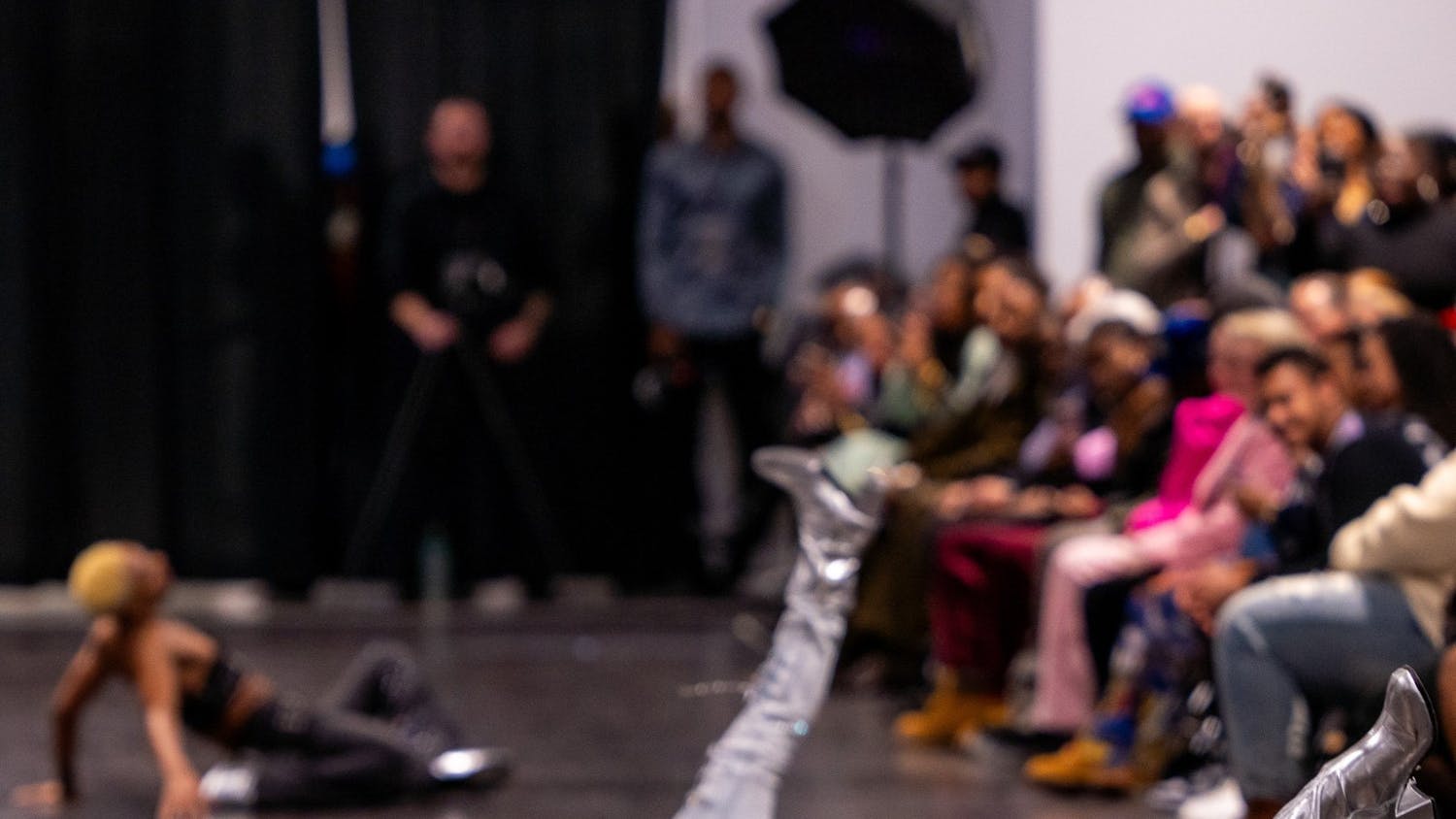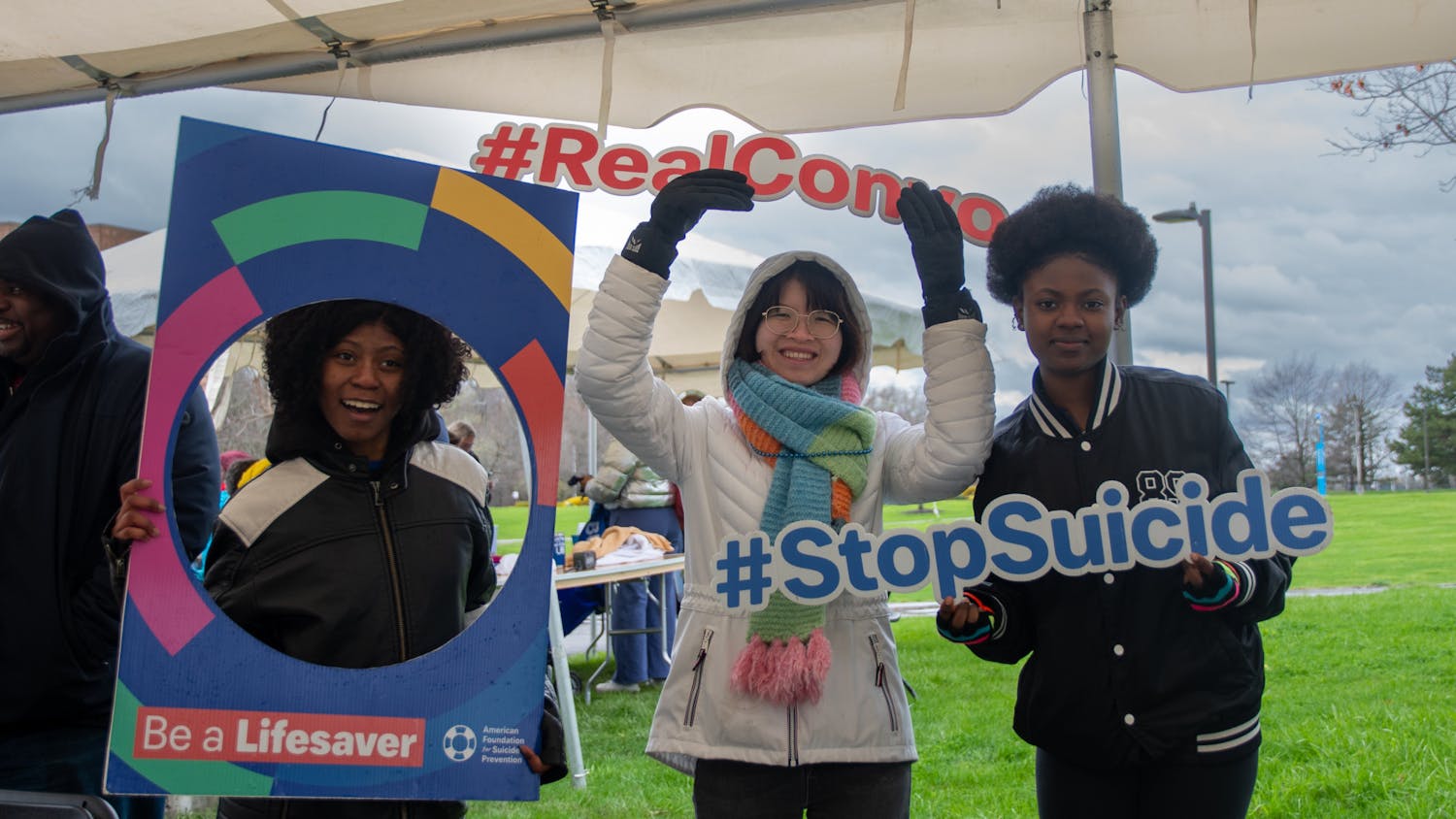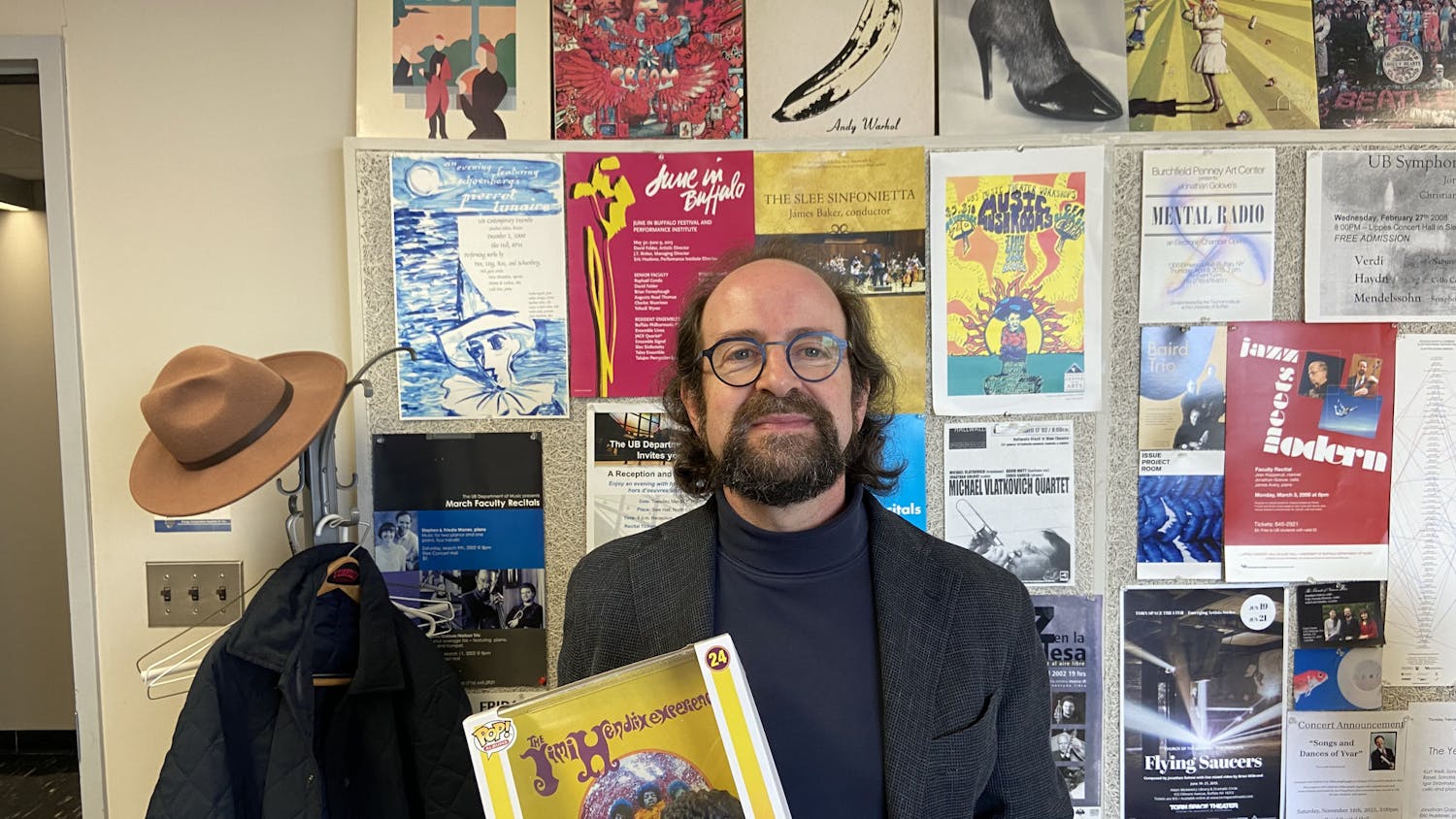Last September, President Barack Obama announced the United States would allow 10,000 Syrian refugees to enter the country, with hundreds of them being relocated to the Buffalo area.
Syria has been experiencing a civil war for more than four years, causing many citizens to flee to surrounding countries.
UB’s School of Social Work held a Syrian Conflict symposium on Thursday at the Buffalo and Erie County Central Library, located in downtown Buffalo. Students, professors, medical, legal and social work professionals from the Buffalo area all gathered to discuss the implications of the refugee resettlement
Asli Yalim, a Ph.D. student in the School of Social Work, began the presentation with an overview of the Syrian crisis and discussed the “vulnerability of the 14 million displaced Syrians.”
Half of the refugees are below the age of 18 and 25 percent are young females, according to Yalim.
Yalim urged the audience to read independent news sources rather than mainstream news sources like CNN and Fox News that “tend to over-politicize the conflict rather than show the destruction and devastation from a humanitarian perspective.”
Deborah Reed-Danahay, Jean Monnet Chair and anthropology professor at UB, also spoke at the symposium. Reed-Danahay discussed the crisis from the European perspective.
She spoke about the European Union-Turkey migrant agreement, which has been criticized by many, including humanitarian groups like Doctors Without Borders.
The agreement calls for a ban of all irregular migration from Turkey to Greece, which will go into effect on April 4. All incoming refugees were returned back to Turkey upon their arrival in Greece on March 20.
“It’s easy to criticize many of the recent European responses, but you have to understand the EU wasn’t in a good economic standing before this whole crisis happened,” Reed-Danahay said. “Greece is overridden, and I don’t mean that negatively, but it’s hard to know what the right response is.”
Keynote Speaker Hussam Jefee-Bahloul, an assistant professor at University of Massachusetts Medical School, spoke about his research in the mental health of Syrian refugees. He said there’s a tendency to assume refugees must suffer from post-traumatic stress disorder or other psychiatric disorders, but in actuality it may be something else.
“It’s hard to distinguish the symptoms of these from the normal reactions of people lacking basic needs like food, housing, etc. Working first to address these needs will make it easier to identify those in need of psychiatric care,” Jefee-Bahloul said.
Jefee-Bahloul also emphasized the importance of “culturally-sensitive” intervention, something that Americans might not necessarily think about.
“There may be cultural challenges to mental health intervention that as Americans, we overlook. Especially for men, accepting psychiatric care may bring a sense of shame,” Jefee-Bahloul said. “We can work around this stigma by avoiding psychiatric jargon and scientific language.”
He said utilizing less “individualized” counseling would be more in-line with Syrian cultural practices, which praises family ties.
Othman Shibly, a periodontist and professor at the UB School of Dental Medicine, served as the final presenter at the event. He and other medical and dental practitioners have opened clinics in two border cities in Turkey – Kilis and Reyhanli – to assist the underserved Syrian communities.
Shibly grew up in Lebanon and attended dental school in Syria, but he said his compassion wasn’t about where he is from and that people should help “the needy whenever and wherever [they] can.”
Shibly has formed 15 schools for children in Syria whose former schools were unsafe to attend.
“If there is one thing I’ve learned in my life, you never, ever, ever turn your back on a noble cause,” Shibly said.
Sarah Crowley is a news staff writer and can be reached at news@ubspectrum.com.





